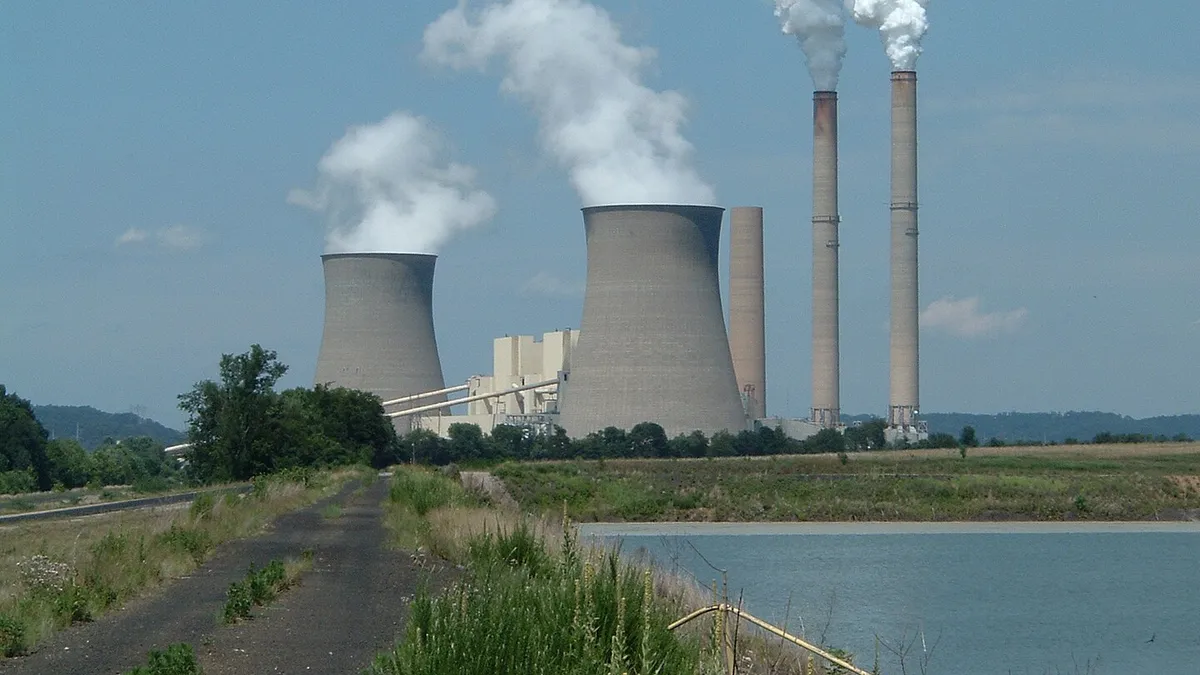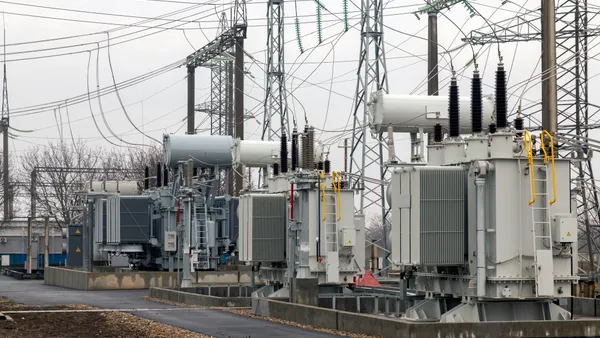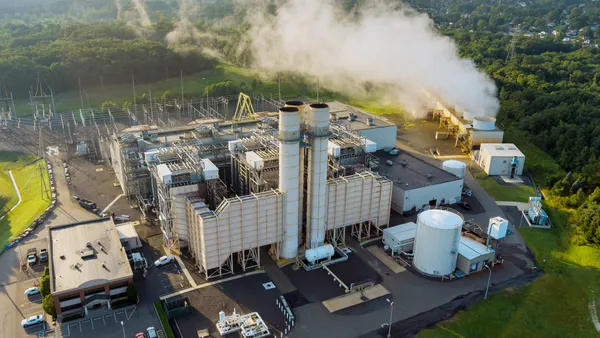Dive Brief:
-
Kentucky Gov. Matt Bevin, R, last week told Tennessee Valley Authority (TVA) CEO and President William Johnson that closing its last Paradise Valley coal plant unit in Kentucky would be "devastating" to the state's economy and "long-term energy grid reliability."
-
The Jan. 4 letter comes in response to TVA's integrated resource planning (IRP) process, which the utility's board in August said may involve shuttering older coal plants, including the 1,150 MW Paradise Unit 3 and a 950 MW Bull Run unit in Tennessee. Bevin has "serious concerns regarding the economic impact upon the employees who currently staff that unit," as well as concerns over resiliency, he wrote in the letter.
- The governor's argument echoes the national debate over coal plants' role in fuel security and grid resilience as more utilities turn toward alternative energy options.
Dive Insight:
The debate over resilience will likely continue as the federal government remains focused on saving coal and nuclear plants in the year to come.
Federal Energy Regulatory Commissioner Richard Glick has said regulators should be "dubious" when resilience is cited with fuel security, noting the combination could aid the bid to support uneconomic power plants. "Grid resiliency and fuel security demand that an 'all of the above' energy strategy must include coal," Bevin wrote.
The White House's stance has been unapologetically pro-coal, floating a bailout proposal for uneconomic plants in June that is reportedly on hold for now. And in November, the Department of Energy announced a "Coal FIRST" initiative, aimed at funding smaller, more efficient new coal plants.
"[B]ased on many conversations I have had with President Trump and senior members of his administration … I am confident that utilities can anticipate a more stable and practical regulatory environment for coal-fired power plants," the governor said in his letter.
At the same time, growing evidence finds coal plants are no longer the most viable economic option, and in some cases shuttering existing plants in favor of adding new alternative resources is more cost effective.
The Northern Indiana Public Service Co. found in October it could save its customers more than $4 billion over 30 years by eliminating coal generation entirely by 2028. Pacificorp in December found 13 of its 22 coal-fired units are more expensive than other fuel options, including wind and solar. And this week, a new study in Colorado found the state could save $2.5 billion through 2040 by replacing coal-fired generation with natural gas and renewables.
Coal consumption reached its lowest levels since 1979 in 2018, according to the U.S. Energy Information Administration, and is not anticipated to make a comeback anytime soon.
"No one is going to build a coal plant in the U.S. for the foreseeable future. Its operational characteristics aren't consistent with what utilities need," John Coequyt, Sierra Club's global climate policy director, told Utility Dive in November.













